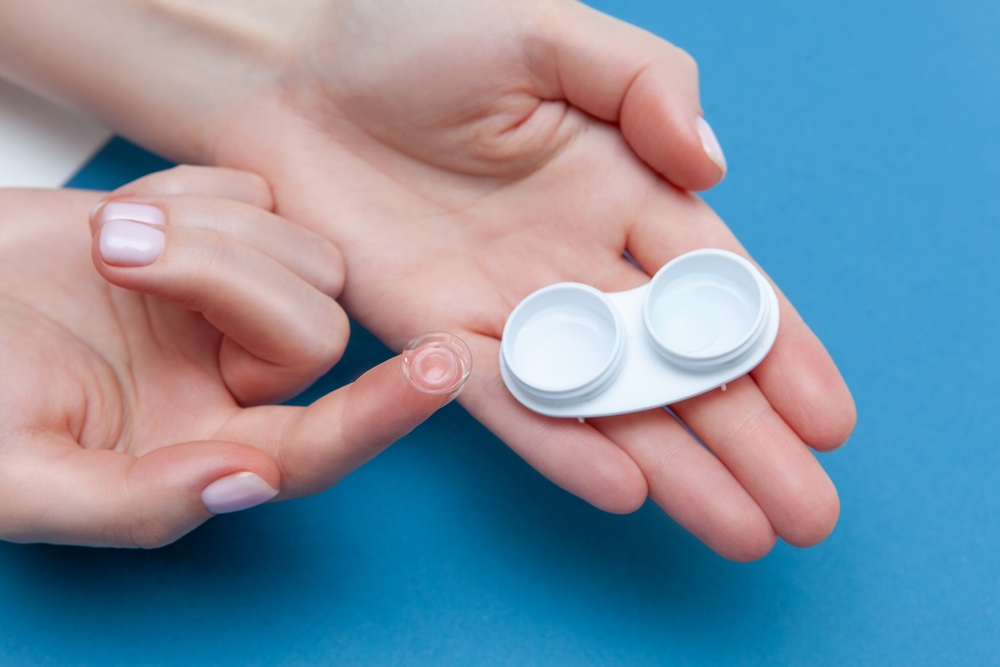
Exploring the Different Types of Specialty Contact Lenses
Blog:Exploring the Different Types of Specialty Contact Lenses

For many individuals, traditional soft contact lenses may not provide the comfort or vision correction needed due to unique eye conditions. Specialty contact lenses are designed to address specific vision challenges, offering customized solutions for those with irregular corneas, dry eye syndrome, or high prescriptions.
Hybrid Contact Lenses
Hybrid lenses combine the clarity of gas-permeable lenses with the comfort of soft lenses. They have a rigid center that provides sharp vision, while the soft outer skirt enhances comfort and stability. Hybrid lenses are particularly beneficial for those with astigmatism, keratoconus, or high prescriptions who struggle with traditional lens options.
Rigid Gas Permeable (RGP) Lenses
Unlike soft lenses, RGP lenses are made from durable materials that allow oxygen to pass through to the cornea. They provide sharper vision and better durability compared to soft lenses and are particularly useful for individuals with astigmatism, presbyopia, or high refractive errors. Though they require an adaptation period, many users find them to be a superior long-term solution for clear vision.
Soft Toric Lenses for Astigmatism
Toric lenses are designed to correct astigmatism, a condition caused by an irregularly shaped cornea. Unlike standard soft lenses, toric lenses have different powers in various meridians of the lens to provide stable and accurate vision correction. They come in both daily and extended-wear options, offering convenience and customization for those with astigmatism.
Multifocal Contact Lenses
Multifocal lenses are designed to correct presbyopia, a natural age-related decline in near vision. These lenses have multiple power zones that allow wearers to see clearly at all distances—near, intermediate, and far. Available in both soft and RGP designs, multifocal lenses are a great alternative to bifocal or progressive eyeglasses.
The Importance of a Contact Lens Exam and Fitting
A contact lens exam and fitting is essential for ensuring optimal vision, comfort, and eye health. Unlike a standard eye exam, a contact lens exam includes precise measurements of the cornea, tear film evaluation, and an assessment of eye health to determine the best lens type for your needs. A proper fitting helps prevent issues such as dryness, discomfort, and corneal complications, ensuring that the lenses provide clear vision without causing irritation or long-term damage.
Additionally, specialty contact lenses require even more precise customization, making a professional fitting crucial for achieving the best results. Regular follow-up appointments also allow your eye doctor to monitor any changes in your prescription or eye health, ensuring your lenses continue to fit properly and support your vision needs.
Finding the Right Specialty Contact Lenses for Your Needs
With advancements in contact lens technology, there is a solution for almost every vision challenge. If you struggle with standard lenses or have been told you’re not a good candidate for contacts, specialty lenses may be the answer.
At Eye Society, we specialize in fitting and prescribing specialty contact lenses tailored to your unique eye health needs. Visit our office in Houston, Texas, or call (832) 582-7216 to schedule an appointment to discover the best solution for clear, comfortable vision.



